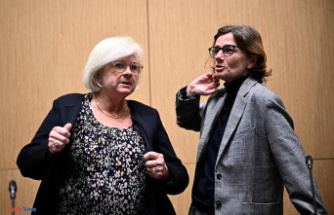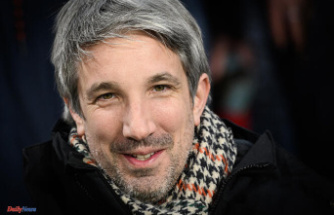This year marks an amazing feat in wildlife conservation: 50 years of dedicated efforts to save Africa’s rare mountain gorillas. Spearheaded by the extraordinary work of the late Dian Fossey and her Karisoke Research Center in Rwanda, these majestic animals, once at risk of extinction, are now increasing in numbers.
Staring into the eyes of these gorillas, whose DNA is strikingly similar to our own, as I did recently, is a poignant, spine-tingling experience. And there’s no better time than now to visit Rwanda, a country that not only has these majestic creatures in their natural environment, but is also one of the safest, most politically stable countries on the continent right now.
The region to go: the lush, verdant forests home to the gorillas in the northern Virunga Mountains (a range that spans Uganda, Rwanda and the Democratic Republic of the Congo). Part of Rwanda’s Volcanoes National Park, which has no less than five extinct volcanoes, the mountains are also home to a plethora of wildlife including golden monkeys, chimpanzees and 178 species of birds, as well as stunning crater lakes and spectacular peaks.
Planning a trip to track gorillas is an intricate endeavor. This is in large part due to the country’s commitment to sustainable tourism, which translates into only eight people at a time being allowed near any given gorilla family, and a cap of approximately 80 on the number of daily available permits (which go for $750 per person; you must be over the age of 15).
Vaccinations, such as for yellow fever, are also needed, and a certain level of fitness is required, as trekking to find gorillas can take between one to eight hours. It’s a journey that begins at the base of the mountain and continues by foot up into the dense, misty forests where the gorillas can be found tucked away in lush vegetation.
It’s highly recommended that you book your trek well in advance. Doing so on your own is complicated; permits can be purchased through the Rwanda Development Board; for reservations contact Reservation@RwandaTourism.com.
Sure, visitors can do day trips from Rwanda’s capital, Kigali, roughly a minimum three-hour drive from the park. But we suggest booking your trip through a reputable tour operator such as Roar Africa or Volcanoes Safaris that have deep experience planning such treks, and are committed to conservation efforts.
“The overall strategic vision is to focus on high-end eco-tourism rather than mass tourism,” says Deborah Calmeyer, the Zimbabwean-raised CEO of Roar Africa, a bespoke tour outfit, which offers gorilla trekking in both Rwanda and Uganda (approximately $4,500 per person for a typical three-night Rwanda experience).
“Controlled tourism is the success of gorilla conservation,” says Praveen Moman, founder of Volcanoes Safaris. He adds that successful tourism is also a key. “If you do not connect these forgotten forests of Africa to the outside world, [gorilla] extinction is more likely to happen,” he says.
The company was the first to introduce gorilla tourism in Rwanda and now owns and runs four luxury lodges in Africa, including Rwanda’s Virunga Lodge, which, perched high up on a ridge, has heart-stopping views of volcanoes and lakes (from $4,663 per person for a three-night safari package). And on March 2, the lodge will commemorate the conservation effort’s 50th year with the opening of the Dian Fossey Map Room, where an exhibition, “Explorers and Conservationists of the Virunga Volcanoes,” will be unveiled.
Because humans continue to be among the gorillas’ biggest threats, it’s imperative that protocols are followed while on tracking expeditions. And good safari companies, for instance, work with trackers known to the gorillas.
“Reassurance is very important for gorillas,” says Moman. “The trackers make noises to remind them that they are friend and not foe.”
Brussels Airlines offers flights from JFK to Kigali via Brussels; there are no direct flights (from approximately $960 round-trip; BrusselsAirlines.com). If you’re spending a night in Kigali, check into the iconic Hotel Mille Collines (from $260). Tour operators will make arrangements to get you to your lodge. Should you be traveling independently and with a permit, it’s advised you arrive at Volcanoes National Park by 7 a.m.
Our editors found this article on this site using Google and regenerated it for our readers.












